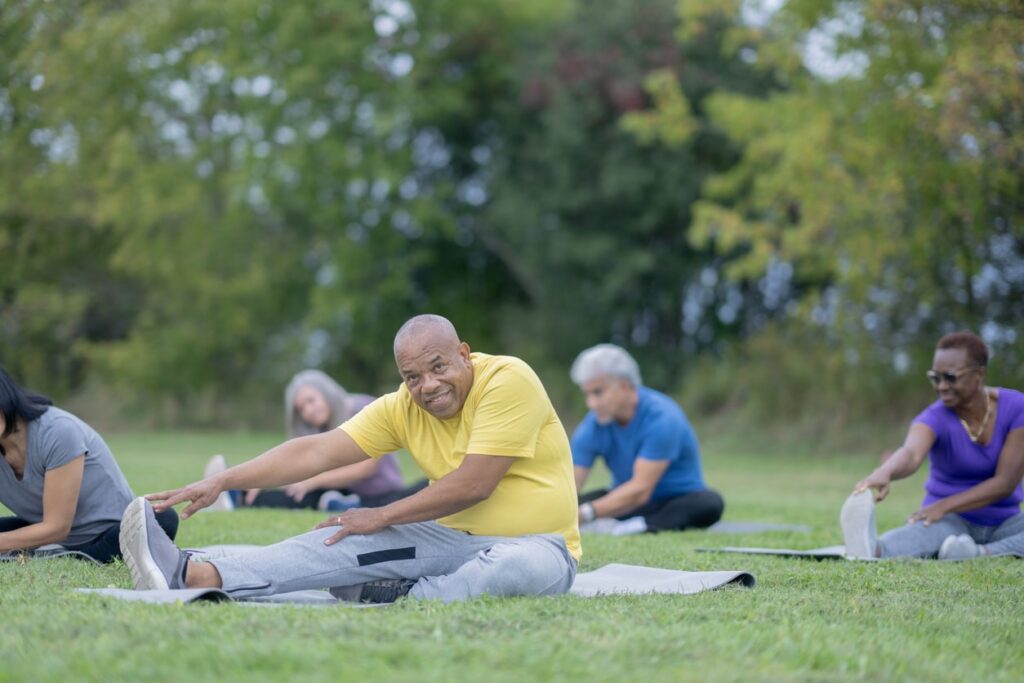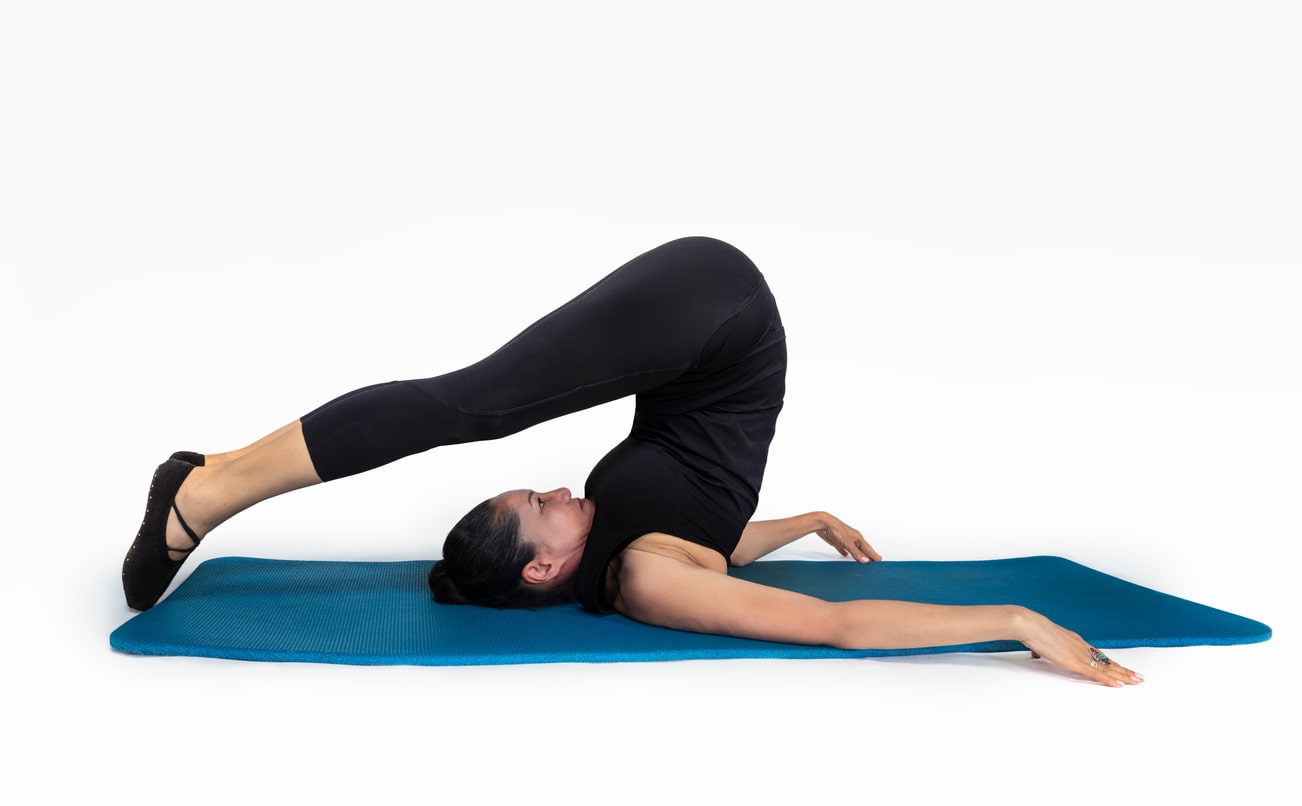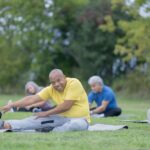Now Reading: Recovery-Focused Fitness Programs: Strengthening Sobriety Through Movement
-
01
Recovery-Focused Fitness Programs: Strengthening Sobriety Through Movement
Recovery-Focused Fitness Programs: Strengthening Sobriety Through Movement
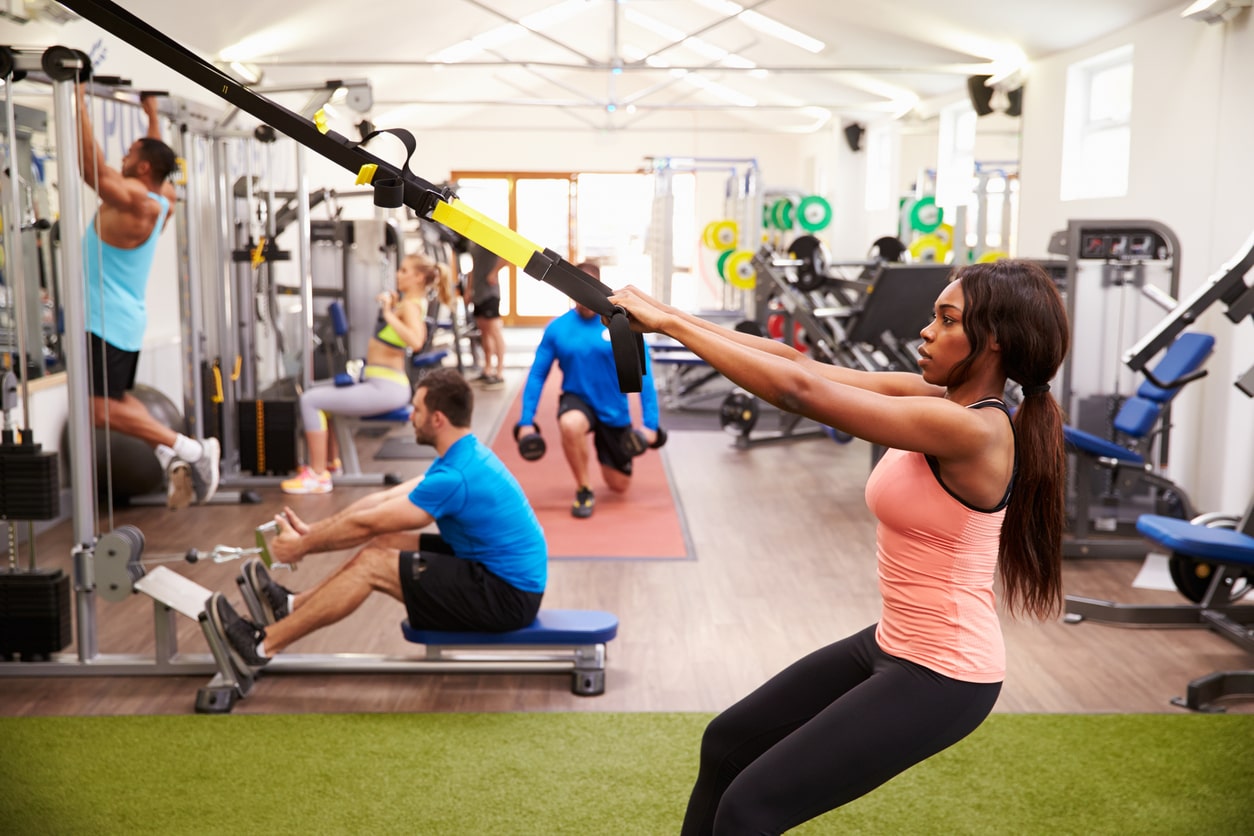
Introduction
Addiction recovery is not just about breaking a habit—it’s about healing the mind, body, and spirit. One often-overlooked but highly effective tool in this journey is physical activity. Recovery-focused fitness programs are designed to support people in sobriety by promoting mental clarity, emotional regulation, and physical strength. These programs do more than improve physical health; they help build structure, purpose, and resilience during the healing process.
In this article, we’ll explore how recovery-focused fitness programs play a vital role in addiction recovery and how they can support lasting sobriety.
The Link Between Fitness and Addiction Recovery
Regular exercise can positively influence brain chemistry, emotional well-being, and lifestyle habits. According to the National Institute on Drug Abuse (NIDA), physical activity can reduce substance cravings and improve mood by increasing levels of dopamine and endorphins—chemicals that are often depleted during addiction (NIDA, 2020).
For people in recovery, fitness can:
- Reduce anxiety and depression
- Improve sleep patterns
- Boost self-esteem and confidence
- Provide a healthy outlet for stress
These benefits are especially important during the early stages of sobriety, when individuals are rebuilding their identity and coping strategies.
What Are Recovery-Focused Fitness Programs?
Recovery-focused fitness programs are structured exercise routines specifically designed for individuals recovering from addiction. They often include:
- Group workouts led by trained instructors
- Integration with recovery coaching or counseling
- Emphasis on mindfulness, consistency, and personal growth
Many of these programs are offered through treatment centers, sober living communities, and specialized gyms that understand the unique needs of people in recovery.
Benefits of Recovery-Focused Fitness Programs
1. Creates Routine and Structure
Sticking to a regular workout schedule helps add structure to daily life. For many in recovery, establishing healthy routines is essential to prevent relapse.
2. Releases Natural “Feel-Good” Chemicals
Exercise stimulates the release of dopamine, serotonin, and endorphins—chemicals that create a sense of well-being. These natural highs can help replace the desire for substances.
3. Builds a Sense of Community
Many recovery fitness programs emphasize connection. Group workouts foster a sense of belonging and accountability. Being part of a supportive environment encourages participants to stay committed to both fitness and sobriety.
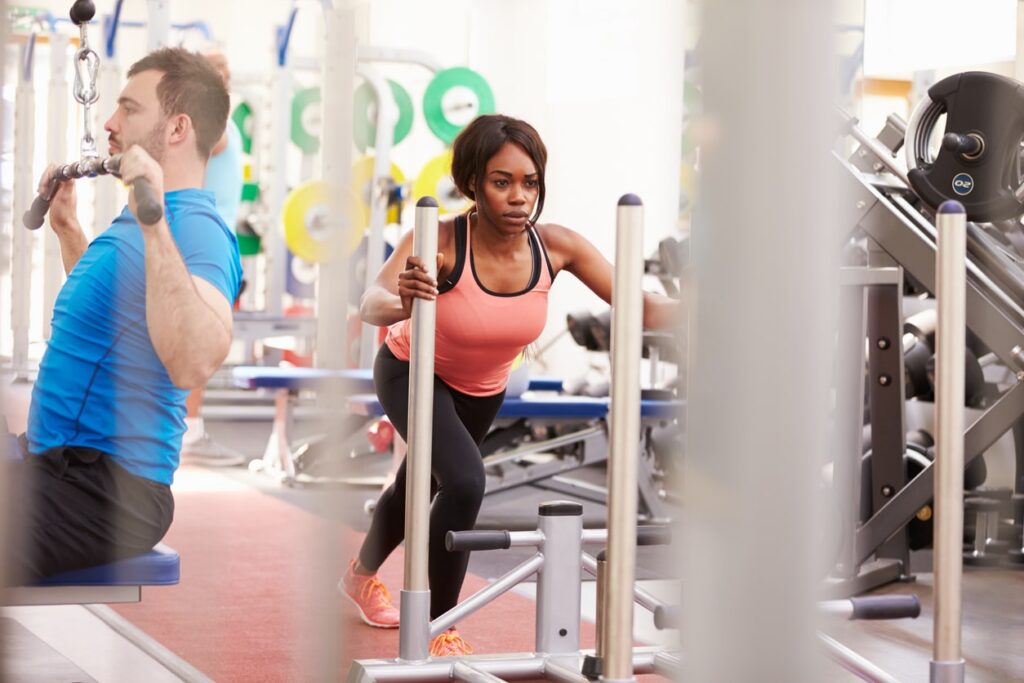
4. Improves Mental Focus and Mindfulness
Exercise requires focus and presence—especially in activities like yoga, martial arts, or running. These practices enhance mindfulness, which is a key component of relapse prevention.
5. Restores Physical Health
Addiction often takes a toll on the body. Recovery-focused fitness programs help individuals regain energy, strength, and physical resilience. Participants often report better sleep, improved appetite, and increased stamina.
Examples of Recovery-Focused Fitness Programs
1. Phoenix Multisport (The Phoenix)
A free sober active community offering group fitness, yoga, climbing, and more. Participants must have 48 hours of sobriety to join. The Phoenix is active in many U.S. cities and offers virtual classes too.
2. Fit to Recover (FTR)
Based in Salt Lake City, FTR integrates fitness, nutrition, and creative expression for individuals in recovery. Their approach combines emotional support with group workouts.
3. RecoverFit Programs
Offered by various recovery centers, RecoverFit includes personalized fitness coaching alongside therapy. These programs often use goal setting to promote motivation.
Real Story: How Fitness Helped Mark Stay Sober
Mark, a 32-year-old recovering from alcohol addiction, credits his gym community with helping him maintain sobriety. After completing residential treatment, he joined a recovery-focused fitness program that met three times a week.
“It wasn’t just about lifting weights. It gave me a reason to wake up, a place to belong, and something to be proud of.” – Mark
Mark now mentors new members and continues to use exercise as a tool for emotional balance.
How to Get Started with Recovery-Focused Fitness Programs
If you’re in recovery and want to add fitness to your healing journey, here are steps to get started:
- Consult your treatment provider or counselor to ensure physical activity aligns with your recovery plan.
- Search for local recovery gyms or programs, such as The Phoenix or sober boot camps.
- Look into community centers or YMCAs that offer inclusive group classes.
- Start slow and stay consistent—even walking or stretching counts.
- Explore virtual options if you prefer working out from home.
Tips for Success
- Set realistic goals and celebrate small wins.
- Stay hydrated and fuel your body with nutritious food.
- Pair fitness with other recovery tools, like therapy or support groups.
- Don’t compare yourself—your journey is unique.
Conclusion
Recovery-focused fitness programs offer more than physical health benefits—they support emotional healing, mental clarity, and a sense of purpose. By integrating movement into the recovery process, individuals gain powerful tools to cope with stress, build confidence, and maintain long-term sobriety.
Whether it’s yoga, strength training, running, or group fitness, the key is to find something you enjoy and make it part of your recovery lifestyle. Healing takes time, but movement can make that journey stronger, steadier, and more empowering.

Jen Sheldon is a seasoned writer with a passion for fitness, health, wellness, and addiction treatment. With years of experience crafting insightful and research-backed content, she helps readers navigate their journey toward better well-being. When she’s not writing, you’ll find her exploring new workout routines or diving into the latest health trends.













